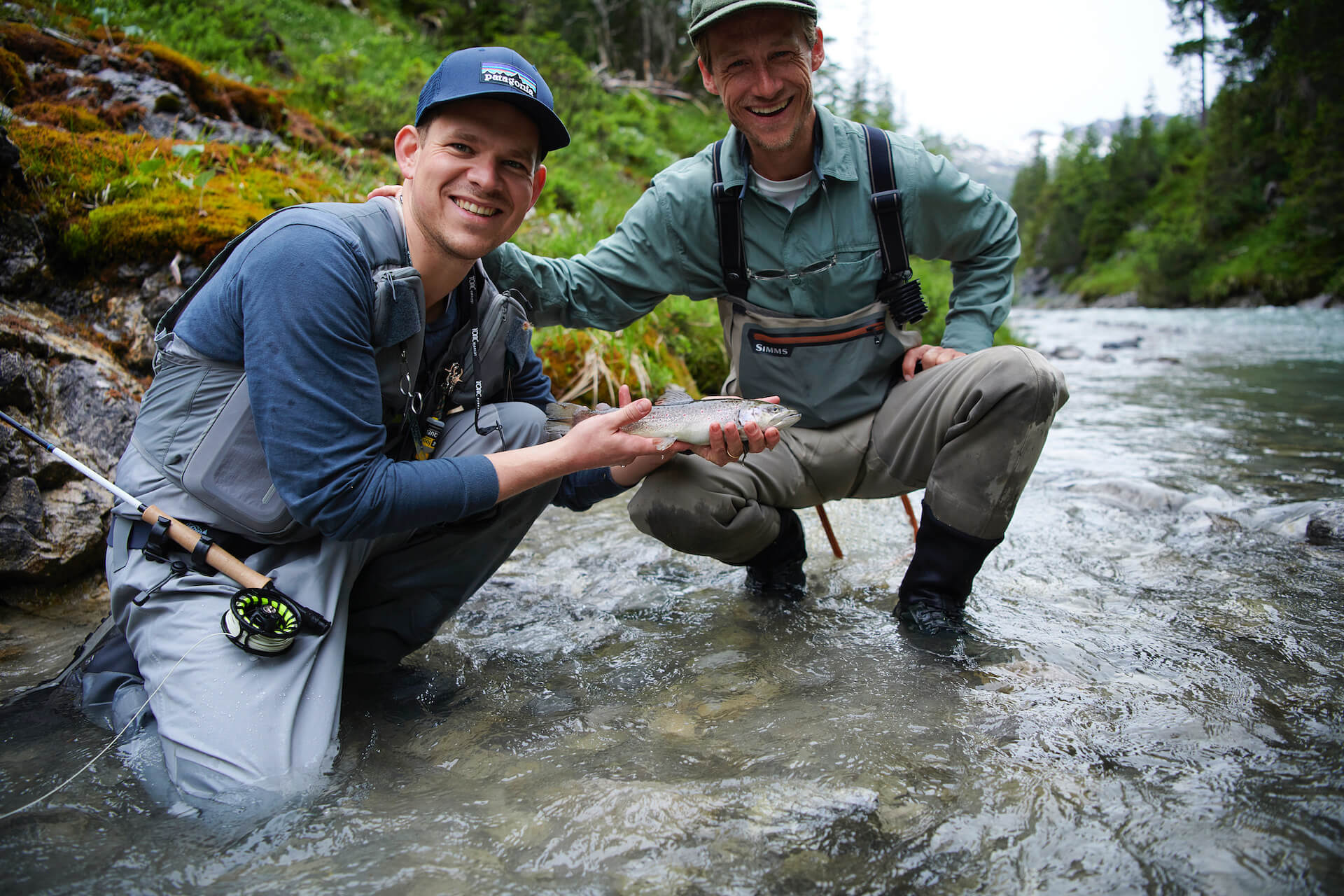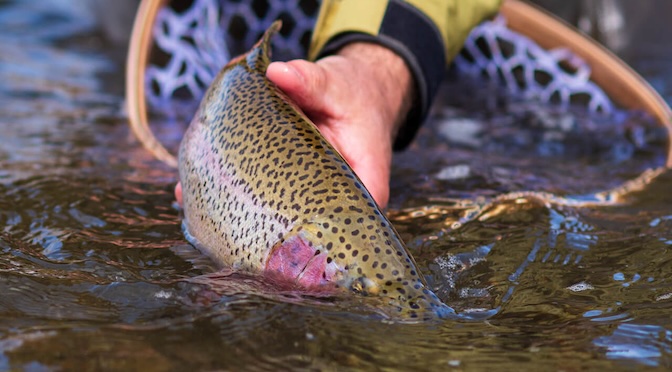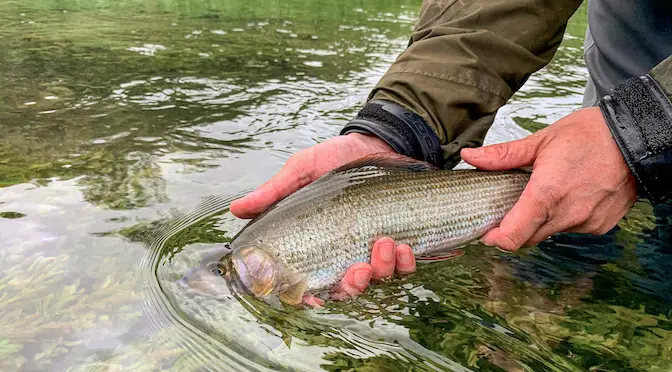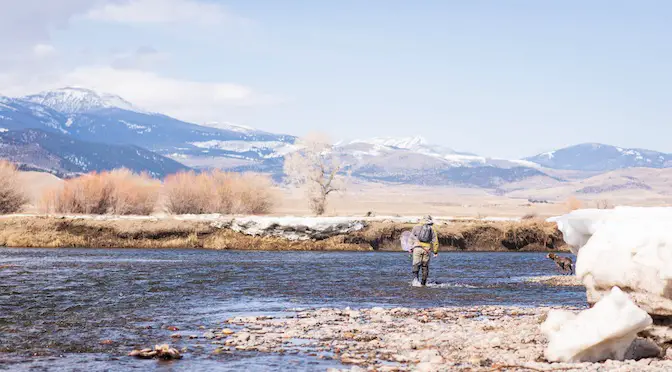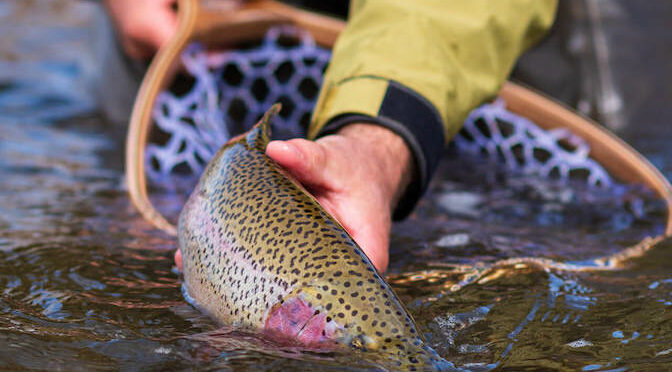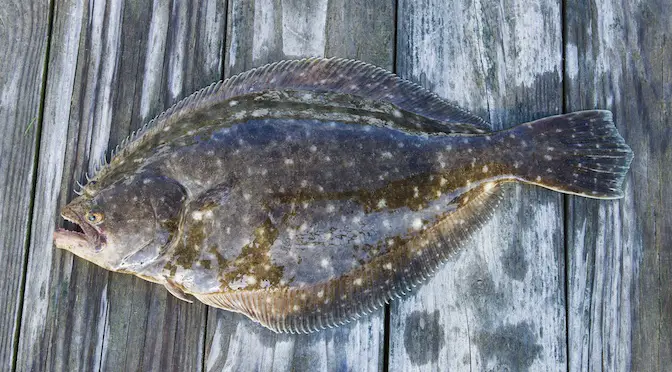- On the Water with the Korkers Bantam Lite - June 26, 2025
- How to Find Trout in Rivers & Streams Anywhere - June 13, 2025
- Educating the Next Generation of Salmon Anglers - June 4, 2025
Fly fishing is not just a sport; it’s an experience that intertwines the grace of casting, the beauty of nature, and the rhythm of the water.
Like many other activities that involve shared spaces and resources, fly fishing comes with its own set of etiquette rules. These unwritten guidelines help ensure that every angler enjoys a respectful and harmonious experience on the water. Here’s a comprehensive guide to the basic etiquette of fly fishing.
Respect the Space of Other Anglers
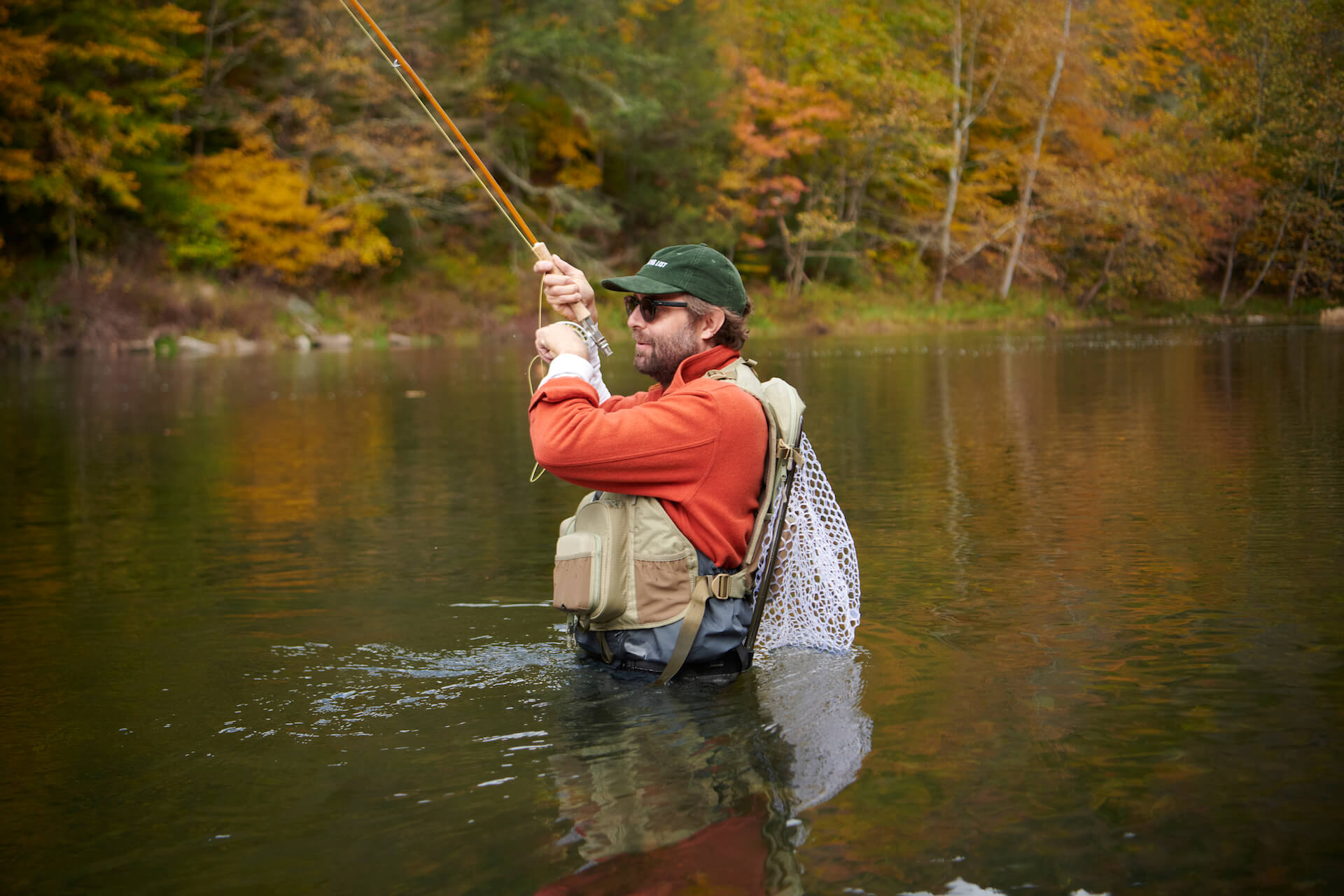
One of the fundamental rules of fly fishing etiquette is respecting the space of other anglers. When you arrive at a stream or river, it’s important to observe where others are fishing and give them ample room. A good general rule is to stay at least 50 to 60 feet away from the nearest angler unless the water is particularly crowded. If in doubt, it’s always polite to ask if you can fish nearby.
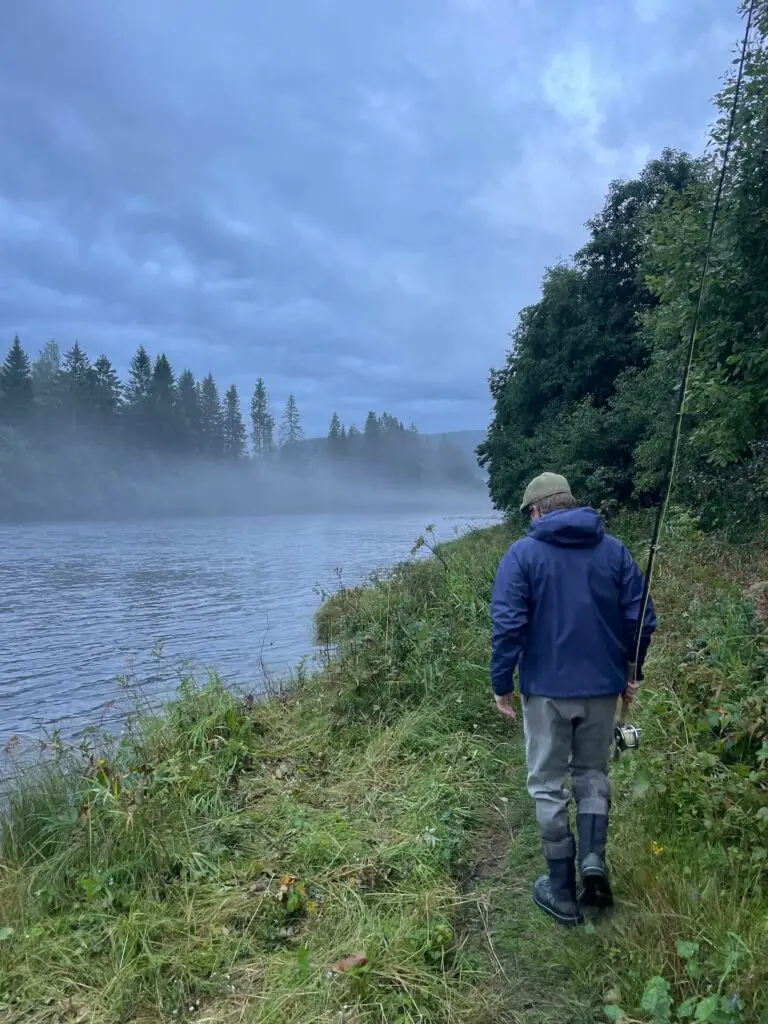
Approach the Water Quietly
Noise can easily spook fish, which are highly sensitive to vibrations and disturbances. When entering a fishing spot, do so quietly and avoid unnecessary noise. This includes keeping your voice down when conversing with fellow anglers and minimizing the sound of your movements and equipment.
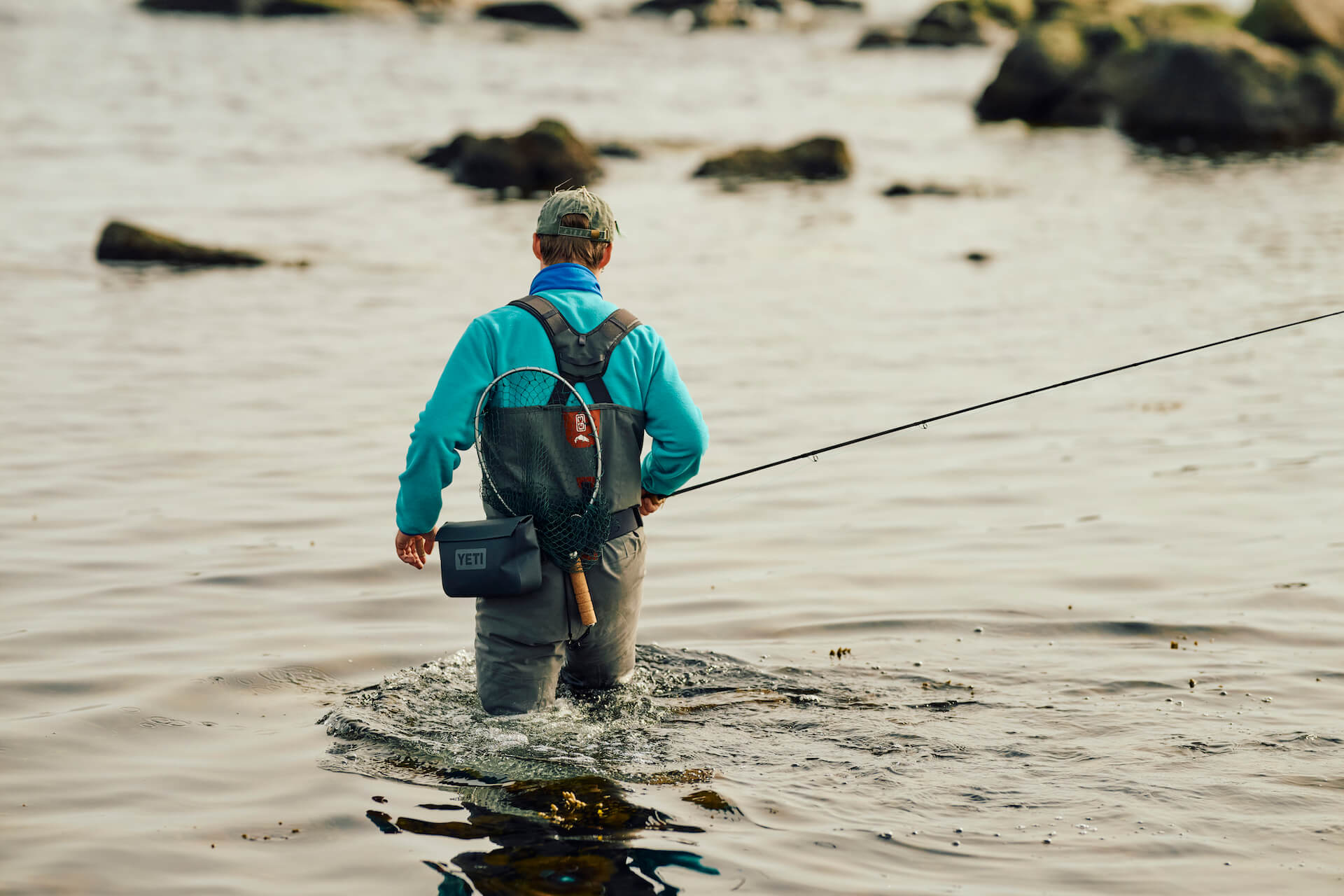
Practice Catch and Release Thoughtfully
Many fly fishing areas encourage or require catch and release to maintain fish populations. When practicing catch and release, handle fish as little as possible and keep them in the water while removing hooks. Use barbless hooks for easier release and minimal harm to the fish and a landing net to facilitate a quick release. Understanding and practicing proper catch and release techniques shows respect for the fishery and contributes to its sustainability.
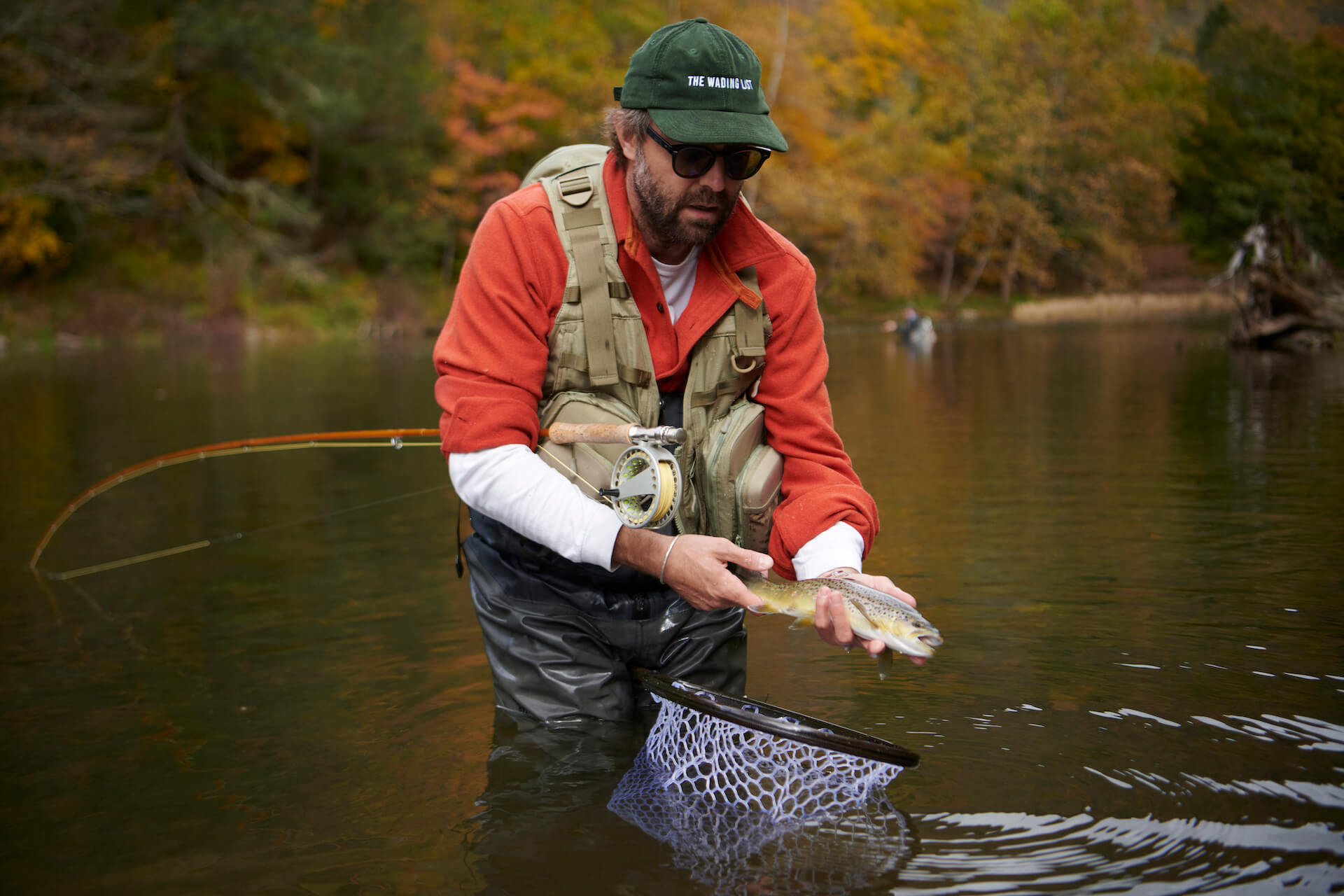
Take Care of the Environment
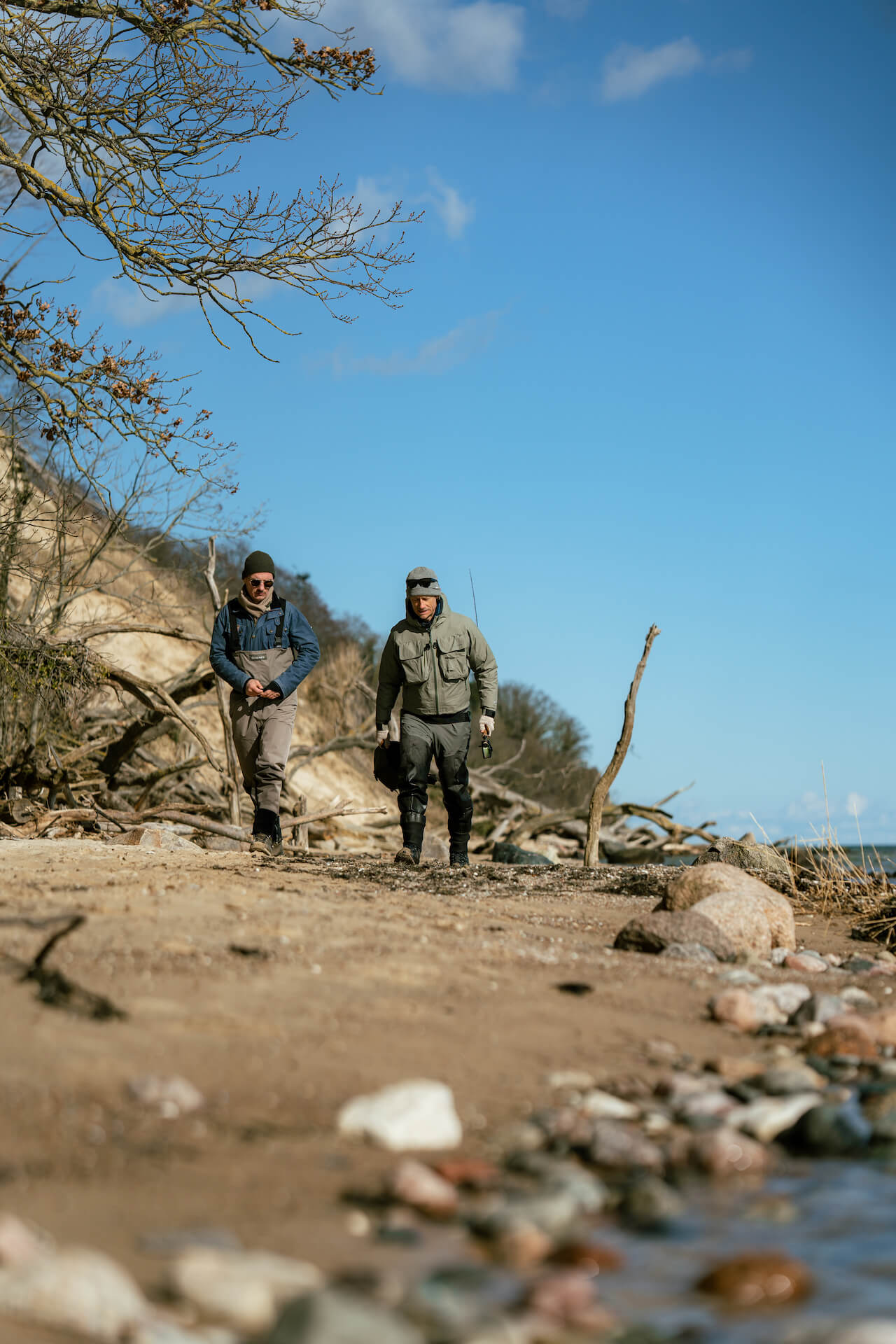
Fly fishing often takes place in some of the most pristine natural environments, and it’s crucial to maintain their health and beauty. Always carry out any trash you bring in, including used fishing line and bait containers, which can be harmful to wildlife. Stay on established paths to avoid damaging riverbanks and plant life. If you see litter left by others, consider picking it up to leave the place better than you found it.
Share Knowledge with Courtesy
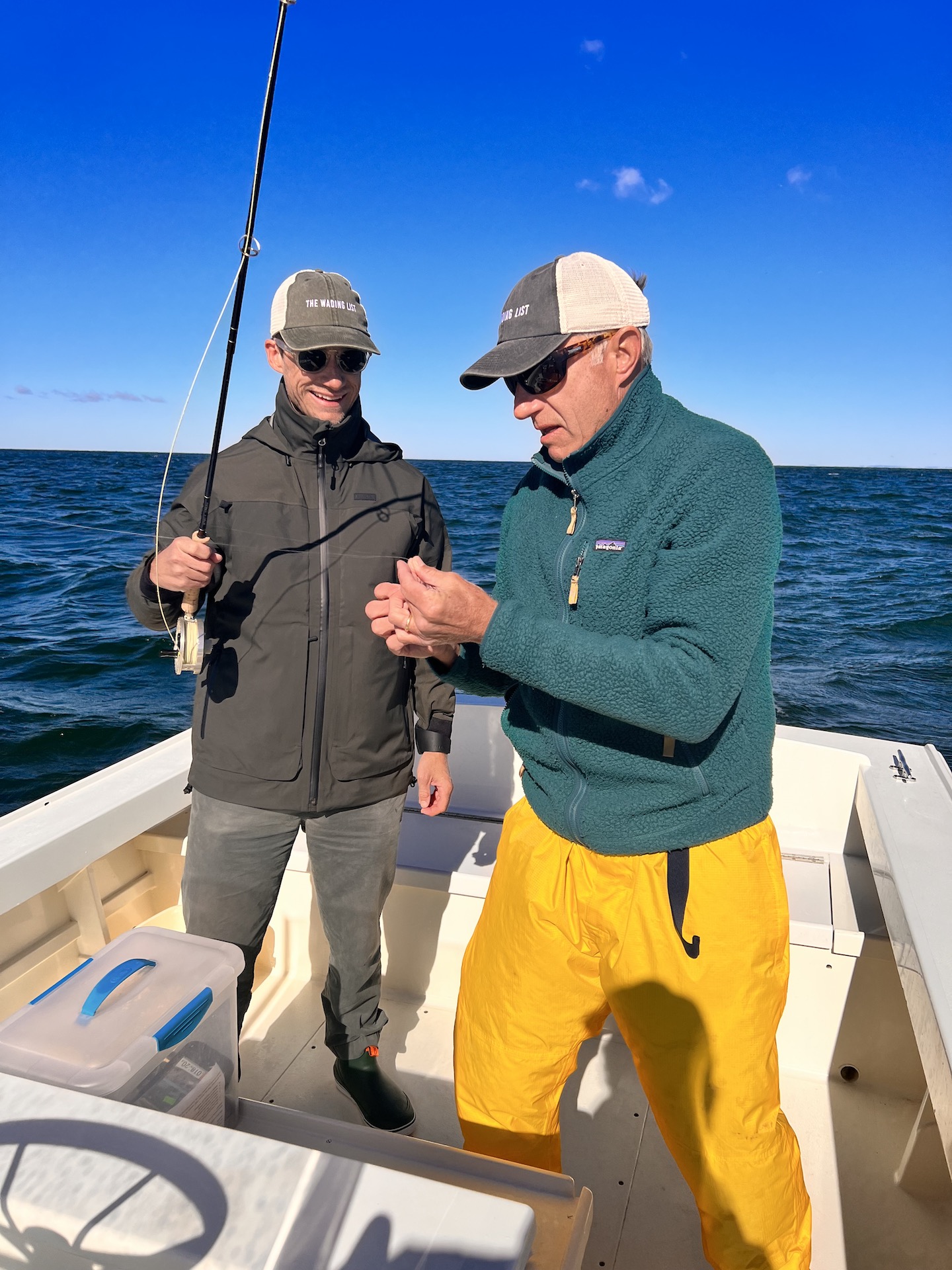
Part of the joy of fly fishing is the community and the shared knowledge among anglers. If someone asks for advice or you see a beginner struggling, offering help or advice can be appreciated, but always do so in a friendly and unobtrusive manner. Remember, part of the allure of fly fishing is discovering things for yourself, so offer guidance gently and without imposing.
Follow Local Rules and Regulations
Each fishing location may have its own set of rules and regulations, including limits on the size and number of fish you can take, specific gear restrictions, and catch and release areas. Familiarize yourself with these regulations before you start fishing to ensure compliance and to show respect for local conservation efforts.
Conclusion
Observing proper fly fishing etiquette is about more than just following rules—it’s about ensuring a respectful, enjoyable, and sustainable experience for everyone involved. By practicing these basic etiquette principles, you contribute to a culture of respect and stewardship that will allow others to enjoy the sport for generations to come. Whether you are a novice or an experienced angler, always remember that how you fish can have a lasting impact on the water and the community around it.
FAQs: A Guide to Fly Fishing Etiquette
How do I know how much space to give other anglers on the water?
As a general rule, try to maintain a minimum distance of about 50 to 60 feet from the nearest angler. If the area is crowded, use your judgment and possibly wait for a spot to open up, or ask if there’s enough room to join nearby without disrupting their fishing.
What should I do if I accidentally cross lines with another angler?
If you cross lines or interfere with another angler, apologize promptly and work together to untangle lines without causing further disruption. Being polite and cooperative goes a long way in maintaining a friendly environment.
Is it acceptable to ask other anglers for advice on the water?
Yes, it’s generally acceptable to ask for advice, but always do so respectfully and without imposing. Many anglers enjoy sharing tips; however, gauge the situation and if the other angler seems uninterested or busy, it’s best to respect their space and time.
How can I practice catch and release properly to ensure fish survival?
To practice effective catch and release, minimize the time the fish is out of the water, handle the fish gently with wet hands, and use barbless hooks to reduce injury. If using a net, ensure it’s made of a soft, fish-friendly material.
What should I do if I see other anglers breaking the rules or being disrespectful?
If it’s a matter of safety or legal regulations (like poaching or trespassing), it might be necessary to report the behavior to local authorities or a game warden. However, if it’s a minor breach of etiquette, consider whether it might be appropriate to kindly educate them on proper practices, as they may be unaware of their faux pas.


